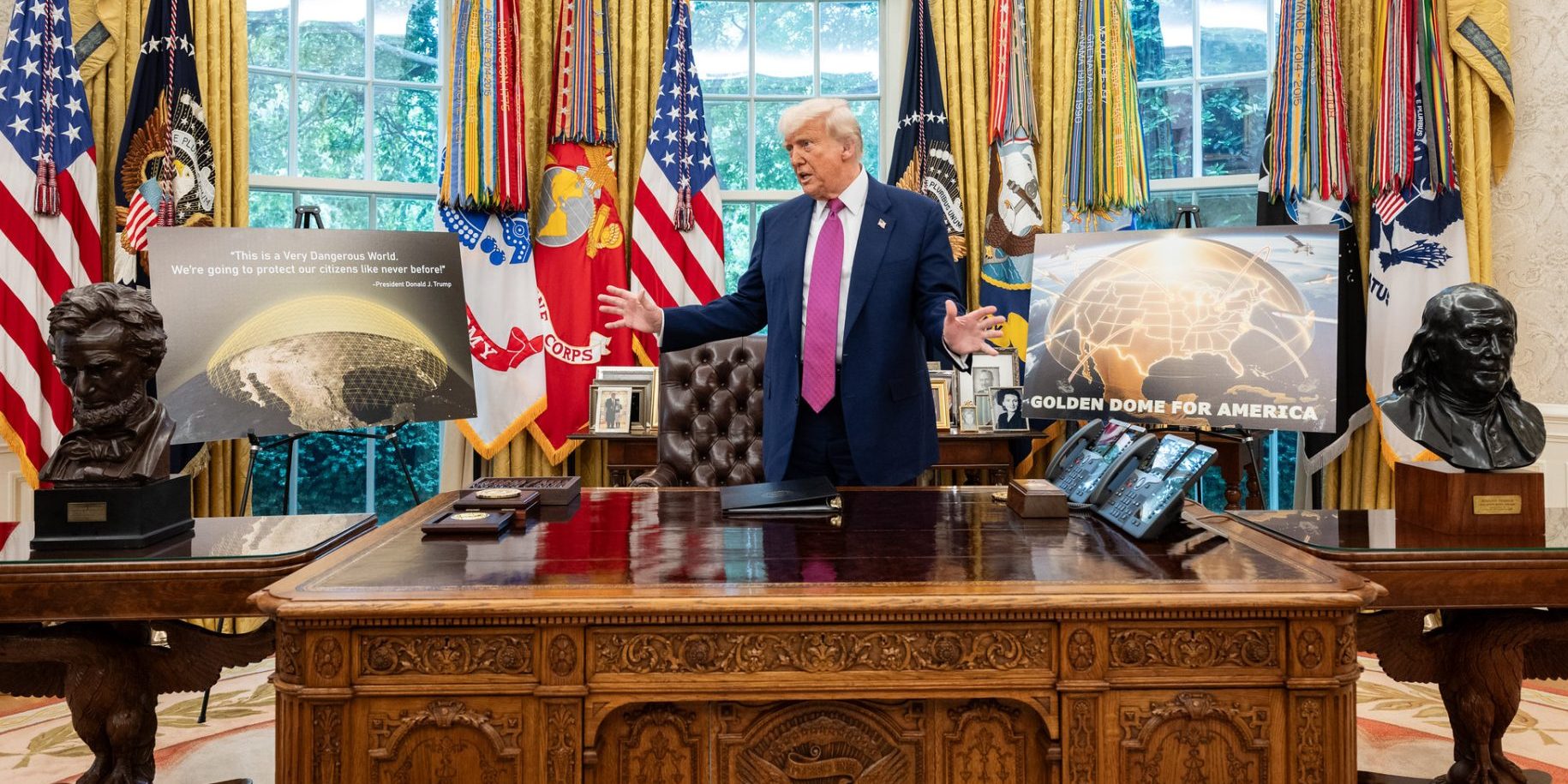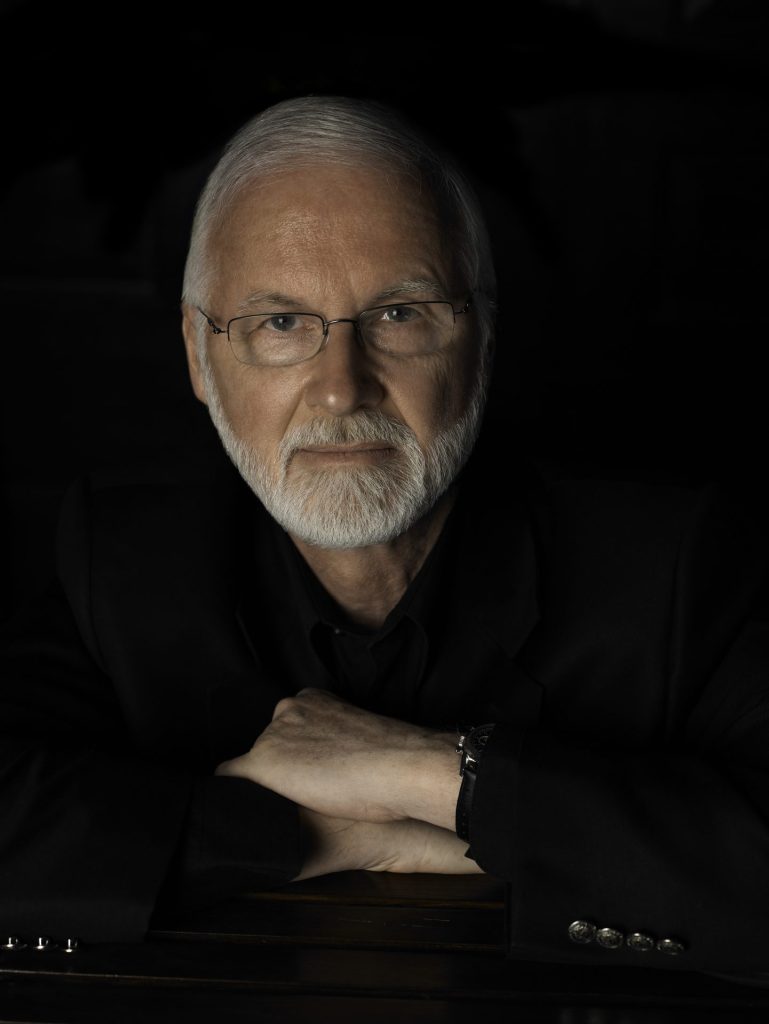Defending North America with a difficult partner

Soon after taking office in March, Prime Minister Mark Carney observed that Canada’s old relationship with the United States was over. While that is undeniable, the inexorable fact remains that Canada and the U.S. must continue to share responsibility for North American defence.
Canadians have good reason to dislike and distrust U.S. President Donald Trump. Among so many other distasteful things, he has threatened to ruin our country economically, and/or simply to annex it. This objectionable rhetoric does not mean, however, that everything the American president has said is wrong. For generations, Canadians have been getting a free ride from our rich and powerful neighbour with regard to our continental defence obligations; a free ride in terms of the defence investments we have avoided and the obligations we have ignored.
To remain a sovereign and independent nation, we will have to play a much more significant part in the defence of our country. The hard truth is that Canadians alone cannot defend the second-largest country in the world. Thus, defending Canada necessarily means doing it in concert with the Americans.
Trump’s comments about Canadian sovereignty cannot be ignored as inconsequential. There is, though, nothing submissive or craven in accepting his defence criticisms as valid, and committing to doing better to assure effective, bi-national continental defence.
This means, inter alia, that Canada should be carefully considering full participation in NORAD’s ballistic defence program.

Forty years ago, we had qualms about participating in American proposals regarding cruise missile testing in Canada, in the Strategic Defense Initiative (a.k.a. “Star Wars”) and, subsequently, in joining the U.S.’s continental ballistic missile defence system. To date, successive Canadian governments have steadfastly avoided participation in modernized efforts to detect and deter the threat of ballistic missile attacks on our country and our southern neighbour. Now, however, the Americans are very clear about the fact that we can either defend North America together, or they will do it their way.
In Canada, arguments have been put forward claiming that protecting North America from any kind of missile attack is “destabilizing.” In today’s world of aggressive nuclear players (North Korea, Israel, Pakistan, India, and possibly Iran—in addition to a very different China and Russia), all of whom have been recently rattling their nukes in one form or another, there is no excuse for this kind of self-delusion.
Today, the relevant missile defence technology is more mature than it was in the time of then-U.S. president Ronald Reagan’s “Star Wars”—one only has to look at the efficacy of Israel’s “Iron Dome.” The days when Canada could claim our best defence was a matter of virtue signalling, when we believed that defending ourselves with “principled values” and impassioned speeches in favour of peace and disarmament might deter those who would do us ill, are long gone.
Former foreign minister Lloyd Axworthy wrote in The Globe and Mail on May 22 that “Canada must resist being pulled into this [ballistic defence] orbit.” Instead of playing a full part in continental defence, Axworthy insists that we should invest in Arctic surveillance, to which the Carney government is already committed. Further, he noted, we must “modernize NORAD in ways that reflect today’s reality”—without saying what those ways are—rather than indulge in “Cold War fantasies.” I wonder if Ukranians consider the hundreds of Russian ballistic missiles launched against their country to have been “fantasies”?
Axworthy suggests we lead international efforts to establish “norms and treaties against the weaponization of space.” That horse has already strayed far from the barn, and that approach will do nothing to protect Canada.
Attempts to turn back the clock to a time before the collapse of the Soviet Union, before the Russian invasion of Ukraine, before the Chinese expansionist militarization of the South China Sea, and before Israeli Defense Forces committed relentless crimes of war against the populations of Gaza and the West Bank, do nothing to secure Canada’s future. It is futile to think that powerful countries can be bent to Canada’s will with fine words. That Kansas, too, I’m afraid, is long gone.
We can and should disagree with the Trump administration on any number of issues. Some of those differences may be received with relative passivity while others would encounter a forceful riposte. But none is likely to elicit a fiercer response than anything we might do, or not do, that could be interpreted in Washington, D.C., as imperiling American security.
Thus, we should tread these paths with great care, while recalling that the imperative is improving Canada’s security—it’s not about Trump. Carney said in a recent press conference: “the U.S. is absolutely our ally. It’s our ally in security and defence partnerships. It’s our most important security ally.”
That is the context in which Canada’s full participation in the defence of our shared North American geography must take place.
Robert Fowler is a former foreign and defence policy adviser to three prime ministers, a former deputy minister of national defence, and former ambassador to the United Nations.
The Hill Times





 LICENSING
LICENSING PODCAST
PODCAST ALERTS
ALERTS


